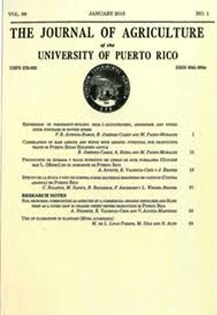Abstract
The myopathy known as white striping (WS) increases deposits of fatty tissue in breasts (Pectoralis major) of high yielding broiler chickens. This condition threatens the poultry industry as it decreases consumers’ willingness to purchase. To compare macroscopic (visual scoring) and microscopic (histological staining) methods as tools to assess WS, samples were collected from a trial evaluating the effects of growth rate (fast or slow) and L-carnitine supplementation (0 or 100 mg/kg) on performance parameters of broilers. Chicken breasts (Pectoralis major; n=144) were biopsied on the left cranial ventral region. Histological slides were prepared and stained (hematoxylin-eosin; H&E), photographed, and analyzed using ImageJ software. Increased incidence and severity of WS was visually observed in fast growing birds (P<0.0001) and those supplemented with 100 mg/kg of L-carnitine (P=0.0348). Fast growth rates increased average cell area (P=0.0315) and percentage of adipose tissue (P=0.0007), while cell count was higher in slow growing birds (P=0.0171). A significant correlation (r=0.2375; P=0.0043) was found between visual assessment of adipose tissue and percentage determined microscopically. Although it was possible to determine presence and severity of WS by using H&E staining, this technique is labor intensive and costly relative to subjective visual assessment, which is comparatively more resource efficient.

